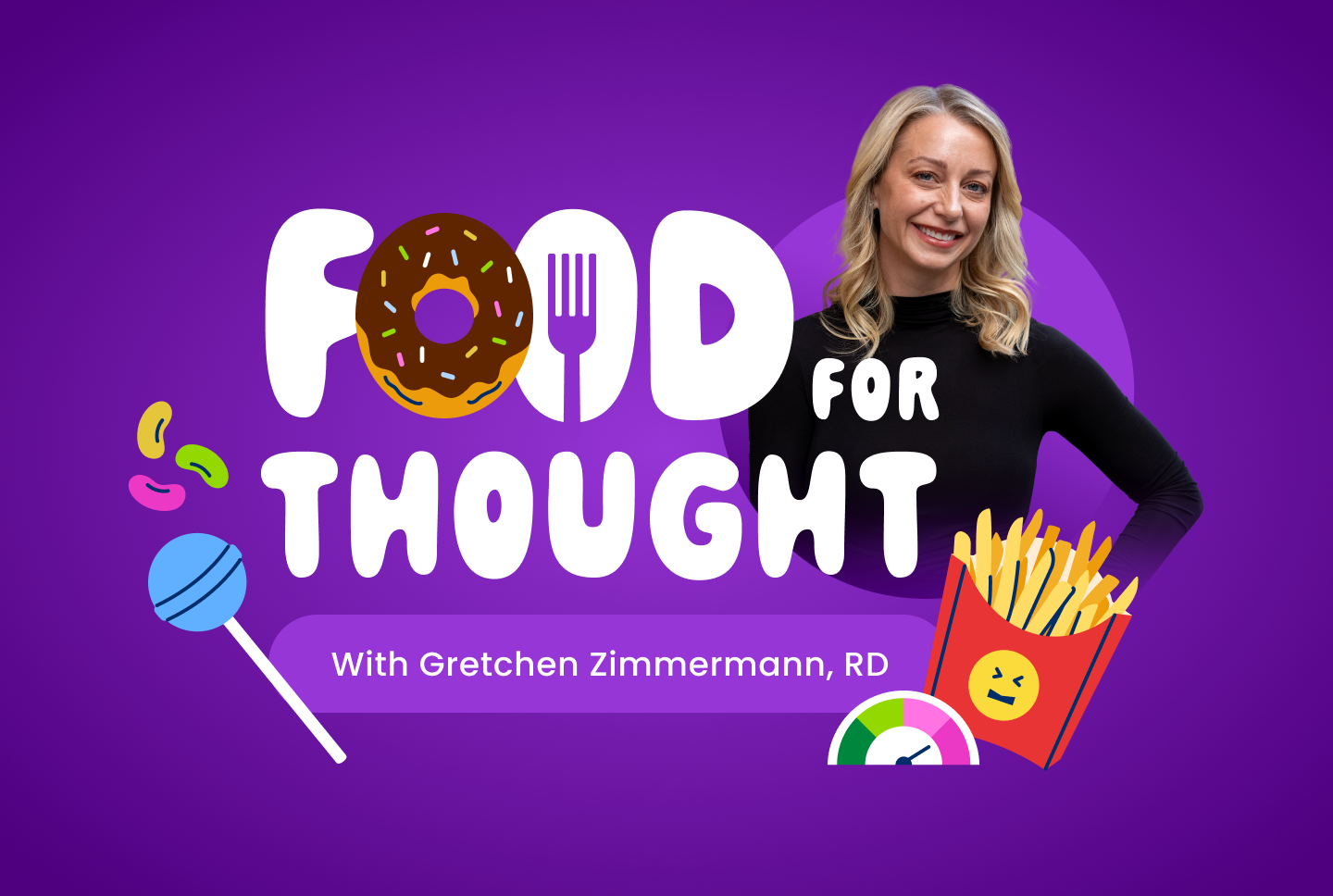Let’s be real: if emotional eating were an Olympic sport, most of us would have at least a silver.
Whether it’s the stress-snack stash in your desk drawer or that mysteriously vanishing pint of ice cream, emotional eating is a very human and very common response to stress. But what happens when it’s not just the occasional treat, and food becomes your primary coping tool?
Throughout my career, I’ve seen how emotional eating can sneak into people’s lives in ways that feel adaptive at first, but quietly take a toll over time. Before I go any further, let me be clear— this isn’t about shaming anyone into eating more kale.
It’s about recognizing what’s really going on when we cope with comfort food.
Why your brain wants chips, not a pep talk
Stress messes with your hormones, especially when it’s chronic. Cortisol spikes, and suddenly your body is craving high-fat, high-sugar comfort foods like your life depends on it. From a nutritional standpoint, we’re not just talking about extra calories. We’re talking about disrupted digestion, blood sugar swings, and inflammation that can leave you feeling foggy, tired, and moody, a version of you that’s not your best for day-to-day, and especially not when it comes to work.
The workplace connection
Most emotional eating doesn’t consider a 9-to-5 schedule. It shows up during long meetings, tight deadlines, or when you’re trying to power through the afternoon slump with nothing but caffeine and sheer will. It impacts energy, focus, and how confidently someone shows up on the job.
At Vida, we see how emotional eating can quietly undercut both personal and professional well-being. It’s not just about what’s on the plate; it’s about what’s going on behind it.
What works (and what doesn’t)
Restrictive diets? Nope. Shame? Hard pass. At Vida, our nutrition approach meets people where they are, with tools that can assist with calming the body, instead of seeking to control it. Here’s what we lean into:
- Stable blood sugar is underrated. Regular, balanced meals, high protein, fiber, and healthy fats can help prevent those “must-eat-now-or-else” moments that drive reactive eating.
- Plan, don’t punish. Anchoring meals every 3–5 hours keeps metabolism and mood on a steadier track. Yes, even when you’re “not hungry.”
- Reduce the crash cycle. Ultra-processed foods might offer quick relief, but they often set off a spike-crash pattern that mimics emotional volatility.
Big picture?
Emotional eating isn’t a character flaw; it’s often a learned survival skill. But with the right nutritional support, it doesn’t have to stay your go-to strategy.
At Vida, we help people rewrite that script—not with rigid rules, but with evidence-based care that fits comfortably into real life, and yes, the infamous workplace snack drawer too.
Interested in helping your employees build healthier eating habits—and stronger focus at work? Learn how Vida can help.



